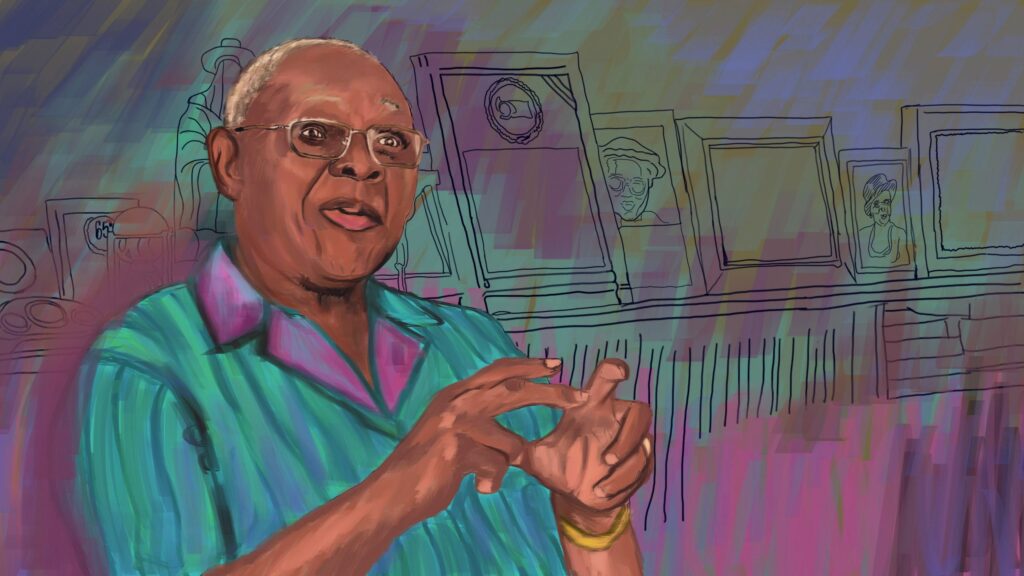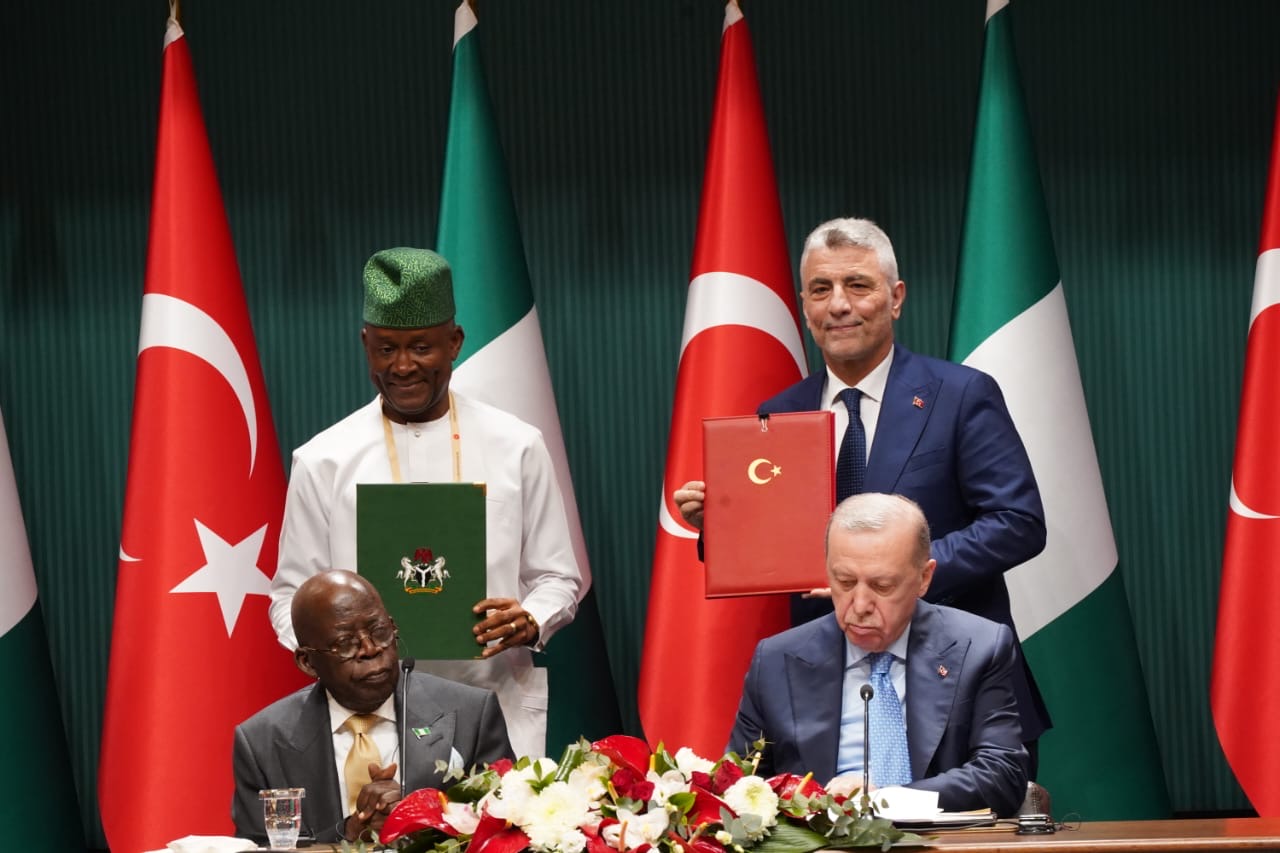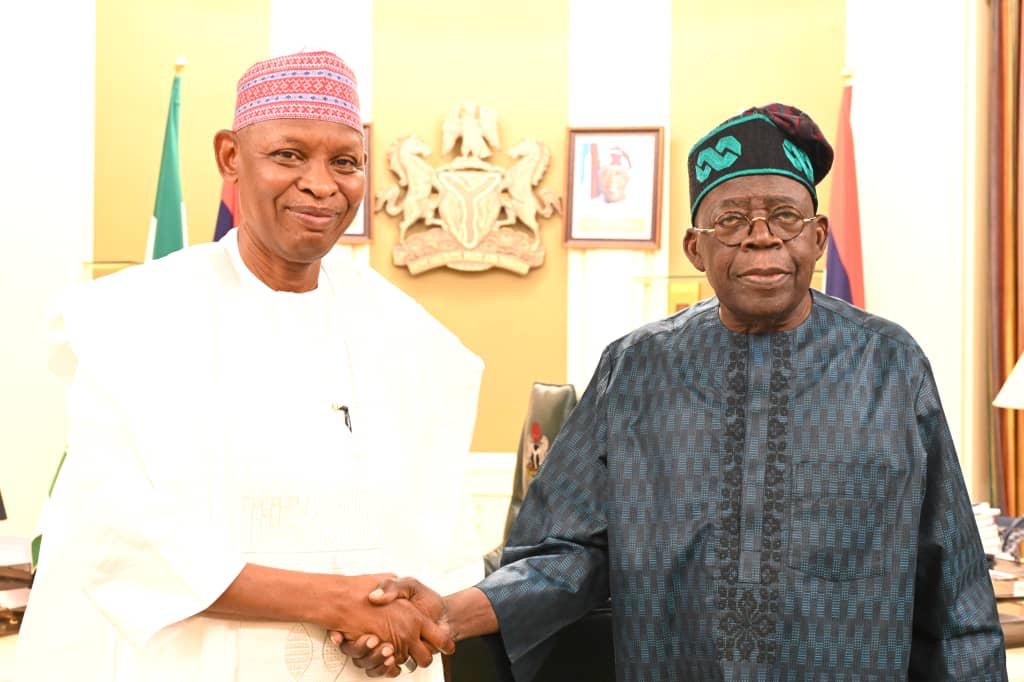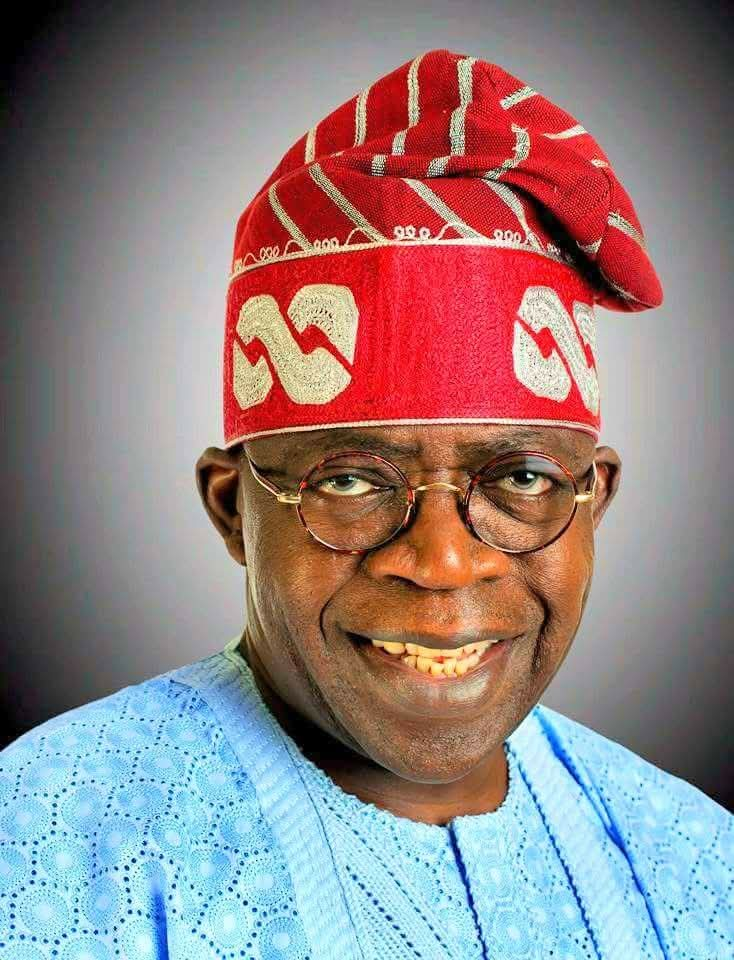By Toyin Falola
“Death is not a period that ends the great sentence of life, but a comma that punctuates it to more lofty significance. Death is not a blind alley that leads the human race into a state of nothingness, but an open door which leads man into life eternal.” –
Martin Luther King Jr.
As I heard of the passing of Professor Akin Mabogunje yesterday, August 4, 2022, incidentally in Lagos close to the house where he spent the last phase of his life, I began to reflect on the odyssey of life and how one needs a compass to successfully navigate the crescendos and decrescendos. What makes life itself is not just the source of respiration in humans’ biological make-up but the hurdles and smoothness that ironically constitute the essence and the extent of life itself. One might need directions to find a pathway to purpose so as not to fall or get lost in the labyrinth of life, and sometimes the needed guide are people who have walked the land and stretched its excesses. Professor Akin Mabogunje’s life and career have proven to be the needed trajectory to safely surf the turbulent sea of life. He has become a compass both figuratively and literally by living a life worthy of emulation and leading a career that helps understand the complexity of earth itself.
In his autobiography, A Measure of Grace, Professor Mabogunje meticulously maps out his life and career in two parts: “On the Wings of Love” and “Towards the Emerging Vision,” each detailing his journey through life and career. If Professor Mabogunje could look back, I am certain that he would proudly declare “c’est fini” to his vision, which had manifested with enviable expression. When a man can cease to exist, his image and contributions to society are bound to be legendary, and as such, it is safe to say that his very visions have “emerged” and have redefined the trajectory of scholarship and governmental policies alike. Mabogunje sat at the forefront of the echelon of African geographers, and his brilliance and scholarship drew global applause.
Mabogunje’s journey through life was defined by his quest for knowledge and resolution for success. As a young and brilliant child in Kano with a father working for the colonial government, he was inquisitive, a character that set him apart from his counterparts. He started school when he was four years old and was younger than many of his classmates, which was a disadvantage because the teacher did not make an exception for him by coming down to his level of understanding. However, Mabogunje quickly adjusted and blended with the other students. His desire for success was once met with a hilarious experience. His father had instructed that he and his colleagues should prepare for higher exams, and they had to do this by studying. However, Mabogunje’s friend had taken him to get voodoo that would make him pass the examinations. Unfortunately, he failed and was taught by life itself that there was no shortcut to success. Following that, his lifestyle and achievements showed that he had taken these lessons from life and converted them into a muse that built his determination for success.
Professor Mabogunje attended the Holy Trinity Church School, Sabon Gari, Kano, before moving to the Anglican Church-run United Native African Church School. His father had participated in the facilitation of an Anglican School, which led to the establishment of the United Native African Church School. Upon the establishment of the school, Mabogunje and his siblings were transferred to become part of the foundational students at the school. In Class IV, he emerged as the best student in Geography, laying the foundation for his successful career as a Geographer. His sterling records continued to develop, especially as a student at the University College, Ibadan, where he won several prizes both within and outside Nigeria. He earned his Master’s degree in 1958 and his Ph.D. in 1961, both from the University of London.
Professor Mabogunje did more than merely study or teach geography; he also carved a niche for himself, becoming an epitome of excellence in the field and contributing to the nation’s development. His teaching career and ascension to professorship within twelve years set the pace for his remarkable contribution to the geographical body of knowledge. He quickly reached the apex of intellectual stardom in the field, to the extent that he was nicknamed “the Father of African Geography,” a big credit to his many years of aggressively studying and analysing the geographical explanation of societies and the people resident in them.
Some of his early scholarships focused on the effect and process of Nigeria’s urbanization concerning the precolonial, colonial, and post-colonial epochs. While most scholars in 1965 found it easy to align with European opinions that urbanization had a positive and developmental impact on the economy and other social sectors of society, Mabogunje introduced further ideas and examined Nigerian society beyond this context. He equipped himself with the people’s distinct economic, commercial, and social orientations before colonialism, some of which were still evident during the colonial period. Despite acknowledging the positive developments in other sectors, he emphasized the effect of urbanization on these economic systems that might cause serious constraints for the country. He explained the philosophies and constitutions of the concept of cities in precolonial Nigeria, which were quite different from European systems.
Regarding the impact of the colonial economy and urbanization in Nigeria, Mabogunje was particular about the interplay between pre-industrial and industrial urbanization in Nigeria, and he provided a framework for the construction of data and public policies. His understanding and knowledge, especially on the urbanization process, were put to specific and broader use, giving particular geographical analyses of Ibadan and Kano and becoming materials for laying the foundation of African urbanization.
Also, Mabogunje was the epitome of the relationship between the town and gown. His scholarship extended beyond academic endeavours and research and included public assignments aimed at societal development. This was not surprising as the icon was among the best brains in Nigeria in the fields of geography and urbanization. His first contribution to society and policy was his participation in the 1962 Census, which was considered long overdue after the failures of previously planned ones. Towards the census, he also led the section in charge of listing demarcation areas and was material to the 1963 census, following political factors and tensions in the country.
Additionally, the brilliant geographer played a significant role in the creation and generation of hydroelectric in Kainji, Niger State, and was part of the discussions on how to relocate the people originally situated in this environment. He participated in research into the region’s situations before, during, and after the dam’s construction, as well as the socioeconomic implications on the people and Nigeria in general. Mabogunje’s contributions to the establishment of Olabisi Onabanjo University, Ago-Iwoye (known as Ogun State University at inception) cannot be forgotten. He contributed his wealth of knowledge and wisdom to the Public Service Review Commission and the Western Region Forestry Commission. His role in the development of the Federal Capital Territory, including other national duties he performed diligently, are some of his remarkable contributions that are instrumental to the fabric of contemporary society.
Mabogunje was not just a national hero; his international reputation helped him to make Nigeria and Africa proud in the international community. As the first African to head the International Geographical Union and United States National Academy of Sciences Foreign Associate, he became a trailblazer in positioning Africans for more international developmental roles and performed his duty with such emulative vigour and determination. Given his accomplishments, it is not surprising that he has won several awards and honours both on a national and international level, including the 2017 Vautrin Lud Prize for Geography, the highest award in the field of Geography.
As many have stated, Mabogunje’s movement from different locations and staying among different people must have contributed to his versatility and was instrumental in the foundation of his geographical knowledge that has shown him to the world. Aside from his career, he led an exemplary life that touched individuals and served as an inspiration for those who would love to understand life. Indeed, he was a compass for understanding both society and life itself. Mabogunje had a vision for development, which was clear enough for others to build on, thus laying the foundation of Nigerian geographical studies and African urban development.
Although Mabogunje has left us, his legacy will live on like that of every other hero. When he was alive, he asked me to write a book on education in the Western Region in the 1950s; however, I could not deliver. Now that he is gone, I will request him to do a map of heaven, locating the longitude and latitude of hell and Satan, angels, and the abode of God, especially the city of gold, where he has gone on to continue a glorious and well-lived life. I intend to put his findings to good use. This is one hero we are sure to miss, but his hallowed presence will always hold a place of honour in the closet of our hearts.






